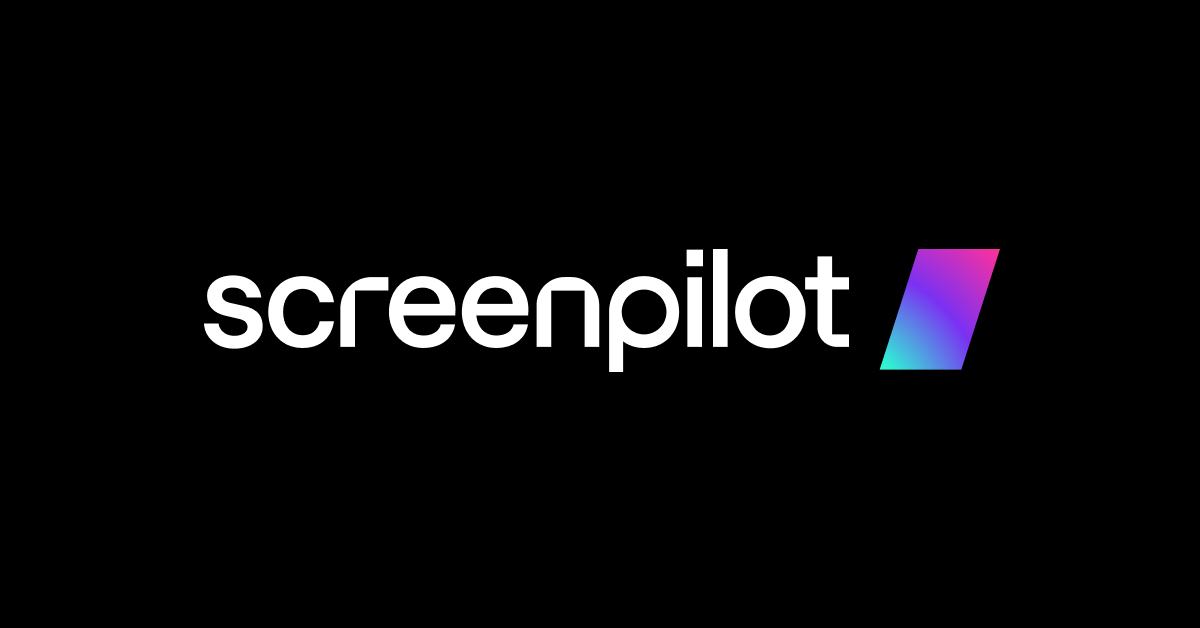
While the internet can be a wonderful, revolutionary, and beautiful place, it is also filled with garbage. We see it everyday. Remember the rumor that circulated around the holidays alleging that planetary alignment on January 2 would cause us all to weigh less? I’m not sure what was more unbelievable: the rumor itself, or the fact that so many people bought into it.
Thankfully, Google still has both feet on the ground when it comes to the value placed on conclusive facts. According to a new report published by researchers within the company, the search engine giant is working on a knowledge based trust score that would determine the trustworthiness of a site not through link building, but based on the accuracy of information presented on a page. Google’s algorithm been gradually moving towards quality of content for a while now, but this certainly makes a bold statement concerning the future of search.This begs the question, how exactly does Google plan to differentiate fact from fiction?The strategy isn’t being implemented yet, but the system would adapt algorithms in a way that they would generate a “Knowledge-Based Trust” score for every page. To do this, the algorithm would pick out statements on a site and compare them with Google’s Knowledge Vault, a database of over 2.8 billion established facts. Pages will then be rewarded not for their number of incoming links, but on having fewer factual inaccuracies.It is important to remember that not all web pages exist to share facts, so this “Knowledge-Based” concept wouldn’t necessarily affect all sites uniformly. Furthermore, the authors say that this method of measuring trustworthiness “provides an additional signal for evaluating the quality of a website,” and could be supplemental to the existing algorithm signals, not just replace them.Although the report brings up a lot of unanswered questions, we expect to hear more details from Google as testing continues in the coming months that we will make sure to keep our subscribers informed of.
While the internet can be a wonderful, revolutionary, and beautiful place, it is also filled with garbage. We see it everyday. Remember the rumor that circulated around the holidays alleging that planetary alignment on January 2 would cause us all to weigh less? I’m not sure what was more unbelievable: the rumor itself, or the fact that so many people bought into it.
Thankfully, Google still has both feet on the ground when it comes to the value placed on conclusive facts. According to a new report published by researchers within the company, the search engine giant is working on a knowledge based trust score that would determine the trustworthiness of a site not through link building, but based on the accuracy of information presented on a page. Google’s algorithm been gradually moving towards quality of content for a while now, but this certainly makes a bold statement concerning the future of search.This begs the question, how exactly does Google plan to differentiate fact from fiction?The strategy isn’t being implemented yet, but the system would adapt algorithms in a way that they would generate a “Knowledge-Based Trust” score for every page. To do this, the algorithm would pick out statements on a site and compare them with Google’s Knowledge Vault, a database of over 2.8 billion established facts. Pages will then be rewarded not for their number of incoming links, but on having fewer factual inaccuracies.It is important to remember that not all web pages exist to share facts, so this “Knowledge-Based” concept wouldn’t necessarily affect all sites uniformly. Furthermore, the authors say that this method of measuring trustworthiness “provides an additional signal for evaluating the quality of a website,” and could be supplemental to the existing algorithm signals, not just replace them.Although the report brings up a lot of unanswered questions, we expect to hear more details from Google as testing continues in the coming months that we will make sure to keep our subscribers informed of.






















